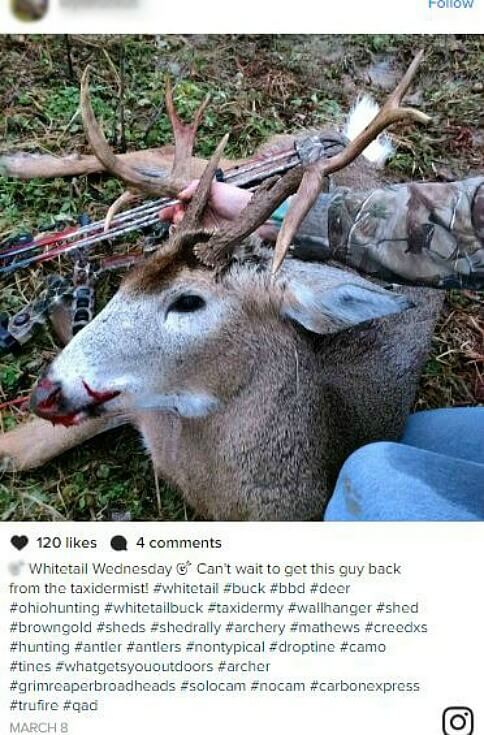Predictably, Las Vegas Shooter Had a History of Violence to Animals
As our nation recoils from the deadliest mass shooting in modern U.S. history, familiar new details are emerging about the shooter, Stephen Paddock.
The man suspected of killing 59 people and injuring more than 500 at a country music festival in Las Vegas reportedly had a history of verbally abusing his girlfriend and killing animals. Employees at a Starbucks in Mesquite, Nevada, that Paddock frequented with his girlfriend, Marilou Danley, told authorities that he regularly berated her in front of them and was “mean” and “rude” to her. According to news reports, he was also a “hunting enthusiast” and held licenses both to hunt and to fish.

Study after study has confirmed the link between killing animals and committing violent acts against humans. According to statistics compiled by a researcher at Yale University, 80 percent of convicted violent criminals have a history of hurting or killing animals. One study found that people who abuse animals are five times more likely to commit violent crimes against humans. And according to a New South Wales newspaper, a police study in Australia revealed that “100 percent of sexual homicide offenders examined had a history of animal cruelty.”
The majority of inmates on death row at the San Quentin State Prison, according to the warden, first “practiced” on animals. The American Psychiatric Association identifies such crimes as one of the diagnostic criteria for conduct disorders, and the FBI uses reports of cruelty to animals when gauging the threat potential of suspected and known criminals.
Perhaps noted theologian, missionary, and philosopher Albert Schweitzer summed it up best: “Anyone who has accustomed himself to regard the life of any living creature as worthless is in danger of arriving also at the idea of worthless human lives.”

In gory photos and social media posts, hunters glorify domination, violence, and bloodshed. If they feel a rush of power the first time they kill a rabbit, bird, or other small animal, they often develop a craving to pursue bigger and bigger “prey” in order to achieve the same psychological effect.
Not all hunters go on to gun down humans, but stalking defenseless victims and violently killing them for “sport” is so egregious and the suffering inflicted is so extreme that we have to wonder whether exposing emotionally disturbed people—as Paddock obviously was—to such cruelty has the potential to destroy their capacity for empathy.
We may not be able to stop all violence, but we can object to the senseless slaughter of living beings for “fun” and “entertainment” in an effort to save more members of all species.

